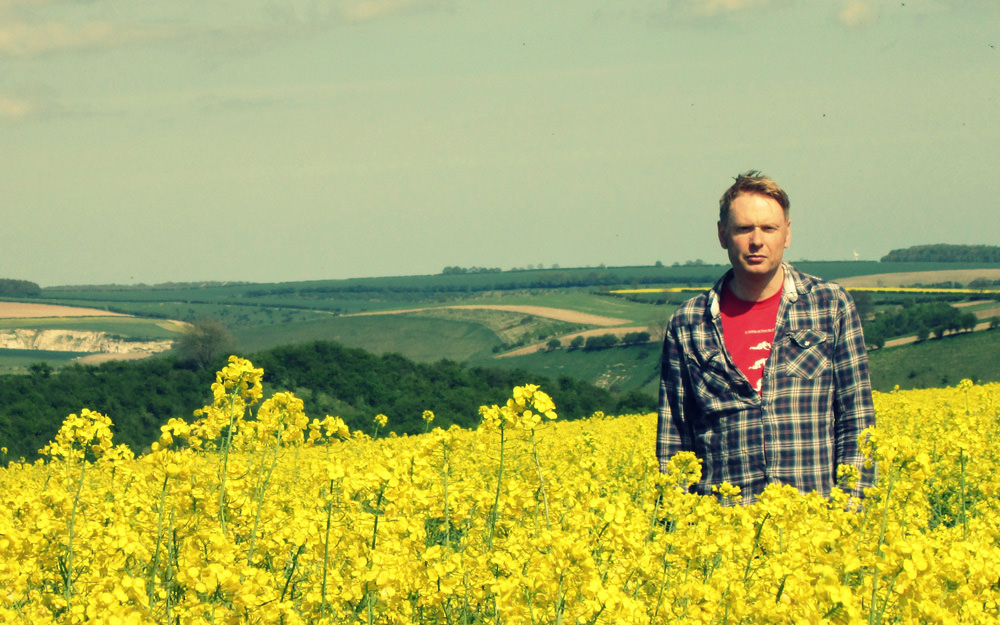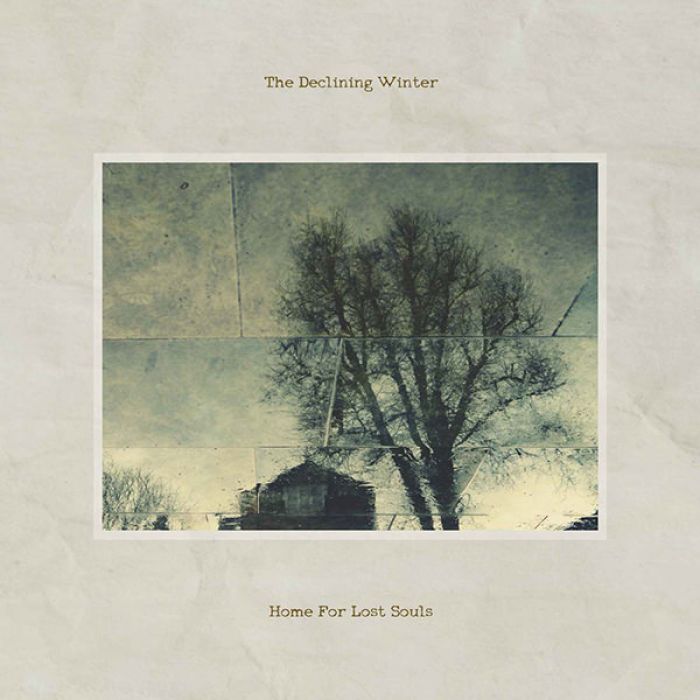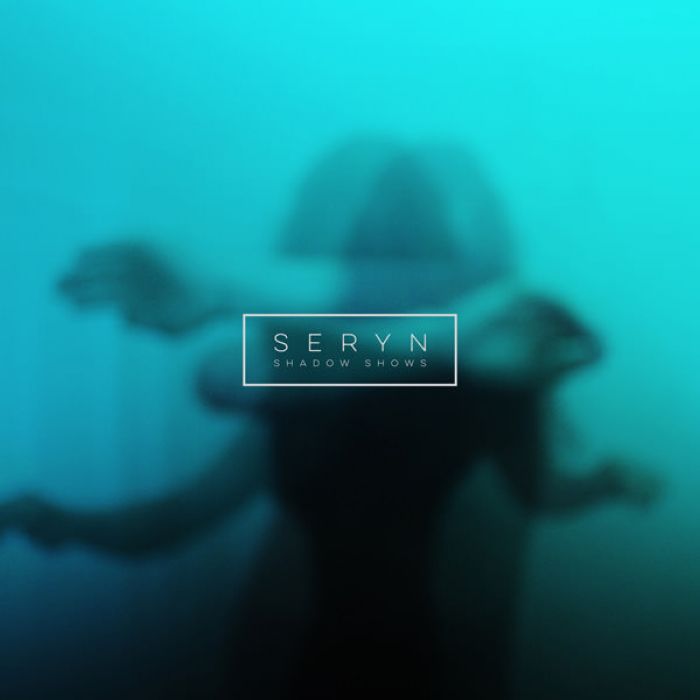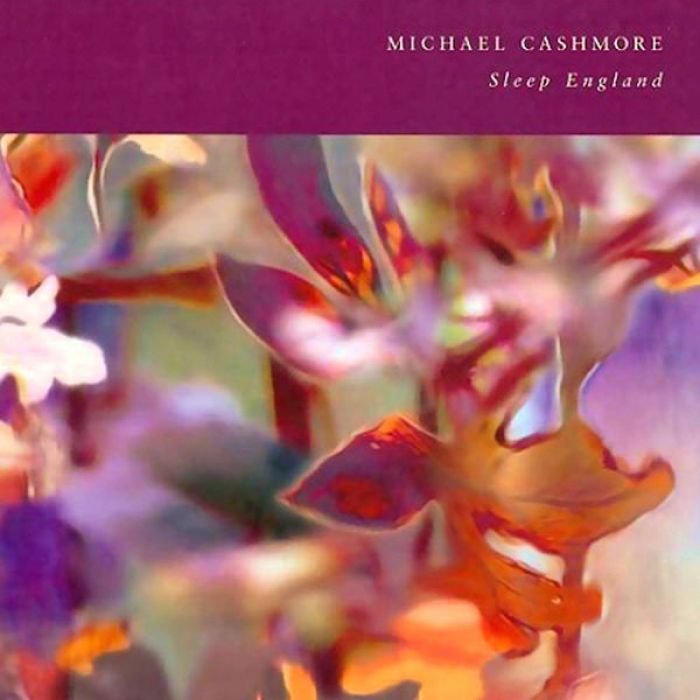In Rotation: The Declining Winter, Mew, Seryn & Michael Cashmore (Review)

In Rotation is a regular Opus feature where I post short reviews of noteworthy music, both new and old, that I’ve been listening to lately.
Home For Lost Souls by The Declining Winter

With Home For Lost Souls, The Declining Winter continues to explore the shambling, pastoral post-rock territory initially mapped out by the late, great Hood. Richard Adams’ vocals are as strained, whispery, and world-weary as ever, and the layers of delicate acoustic guitar, shuffling percussion, strings, piano, and electronics create the perfect daydream-y soundtrack for early spring, when winter’s chill can still be felt but there’s definitely a thaw somewhere in the air.
On “The Wild Girl Laughed,” Adams sings “The wind is our guide” — an evocative lyric that’s apt considering the free-flowing, drifting sounds that Adams and the rest of The Declining Winter make so well. This is unassuming music, but music that haunts you nevertheless with pictures of distant countrysides and equally distant memories. As such, I have a strong feeling that Home For Lost Souls, along with its companion EP, The Waning Mill Chronicles, are only going to continue to haunt me as 2015 unfolds.
+- by Mew

Mew’s brand of bombastic indie-prog is something you either love or hate. You either love the precociousness (e.g., Jonas Bjerre’s soaring falsetto, the nonsensical lyrics, the over-the-top arrangements) or it’s just too much for you. Pitchfork’s Ian Cohen was right to use “twee” to describe Mew. Indeed, this is their “twee-est” album to date, from the delicate harp strings the usher in “Satellites,” the so-sincere-it-hurts balladry of “The Night Believer,” or the anthemic chorus of “Water Slides” which finds Bjerre singing “For such a long time I didn’t know if I’d find you/Say stop, made up, lying on the bathroom floor.” (No, I’m not really sure what it means either.)
All that being said, there’s still something so starry-eyed and honest about Mew’s pretense that I find it nigh-irresistible, and rather fetching. As much as I want to roll my eyes at some of the album’s twists, turns, and excesses — like some of the lyrics (e.g., “I wanna breathe in a sunlight beam/I wanna be with a girl like she) — I usually find myself incapable of doing so.
Shadow Shows by Seryn

And speaking of sincere bombast, there’s Seryn’s much-anticipated and long-awaited sophomore release, Shadow Shows. Written after playing countless concerts, and after a few lineup changes, Shadow Shows doesn’t deviate too much from the formula established by Seryn’s debut, 2011’s This Is Where We Are. Trenton Wheeler et al are still fond of wrapping earnest, forthright lyrics in harmonies upon harmonies, and utilizing plenty of quiet/loud dynamics with a folksy bent.
It’s not the most groundbreaking music, and there are times when I wish the band would exercise a little subtlety and not sing for the rafters on every single song (or so it seems), but when the band really gets moving — as on “Disappears,” “The Fire,” and “Kaleidoscope” — they sound darn near unstoppable. Which probably explains why they’ve received so much acclaim for their live shows; from the levels they emote in each song, it’s clear this music is intended to be experienced in a live venue rather than, say, via my computer speakers.
Sleep England by Michael Cashmore

And now for something decidedly not bombastic (though still quite sincere)… Michael Cashmore has been one of the foundational folks in apocalyptic folk outfit Current 93 since the ’80s; his lovely guitar-work lends a warmth to David Tibet’s wild-eyed ravings and Steven Stapleton’s bizarre electronic manipulations. He’s also gone solo, occasionally producing music in a Current 93-esque vein under the Nature and Organisation moniker.
However, 2008’s Sleep England is Cashmore’s first solo album under his own name, and as you might imagine, it’s a considerably more stripped down affair that’s focused entirely on his sparse, elegant guitar-playing. There’s nothing showy in these 13 tracks, just one lovely composition full of fragile notes and filigrees followed by another. At times, Sleep England seems almost too stripped down, even repetitive, but then on songs like “Dream England” or the title track, Cashmore weaves in surprising nuances and melodic shifts that add another layer of emotion to the music.